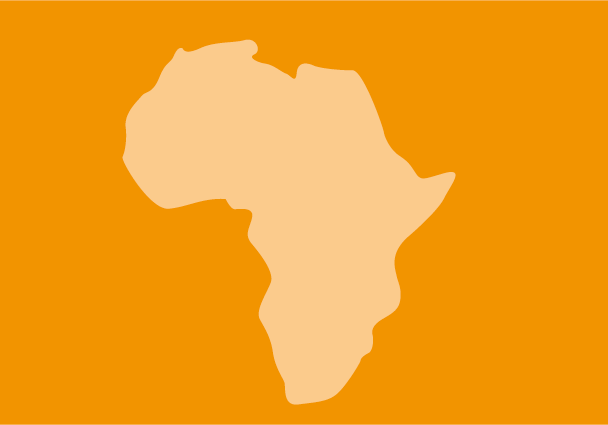The ICJ announced today its plans to hold an African Conference on the Rule of Law in January 1961 in Lagos, Nigeria. It will be the first legal conference of its type to be held in Africa.
Distinguished lawyers and jurists from some thirty countries in Africa, as well as from American, Asian and European countries are expected to take part in the Conference, the theme of which is “Government Action, State Security and Human Rights”. The Commission’s Nigerian Section, “Liberty”, will be host to the Conference.
Sir Adetokunbo A. Ademola, Chief Justice of Nigeria and a Member of the Commission, is serving as the Chairman of the Committee of Honour. The Conference is expected to last one week.
The Conference will have the following as its objectives:
- first, to discuss the major problems concerning the Bench and Bar in Africa;
- second, to enable lawyers from areas of different cultural backgrounds and legal traditions in Africa to familiarize themselves with the varying viewpoints of their colleagues, and to examine possible common grounds for future African legal developments;
- third, to promote an exchange of experiences and opinions between African lawyers and prominent jurists from other continents on legal matters currently pre-occupying newly-independent states;
- fourth, to develop closer personal and organizational ties between the International Commission of Jurists and Bar Associations, the Judiciary, and legal study and research groups in Africa;
- fifth, to explore ways in which the International Commission of Jurists can assist in the training of future lawyers and in strengthening the independence and prestige of the Judiciary and Bar;
- sixth, to study the possibilities of establishing a long-range program in Africa by the International Commission of Jurists.
The Conference, which has been in the planning stage for over a year, is being organized in response to requests from and on the initiative of leading African lawyers and jurists, many of whom attended the Commission’s world congress in New Delhi in January 1959. Three topics are being considered for discussion: (1) “Human Rights and Government Security – the Legislative, Executive, and Judiciary”; (2) “Human Rights and Aspects of Criminal and Administrative Law” and (3) “The Responsibility of the Judiciary and of the Bar for the Protection of the Rights of the Individual in Society”.
The key-note report, outlining the frame of reference of the Conference, is to be delivered by Dr. T. Olawale Elias, B.A., LL.M., Ph.D. (London), of Nigeria, who has agreed to serve as general rapporteur of the Conference. Dr. Elias is a Barrister-at-Law, has been formerly Yarborough-Anderson Scholar of the Inner Temple, has been Simon Research Fellow in the University of Manchester and sometime Research Fellow of the United Nations Economic and Social Council. He is a Barrister and Solicitor of the Supreme Court of Nigeria and is the author of Nigerian Land Law and Custom, Groundwork of Nigerian Law, The Nature of African Customary Law and a number of articles. He has just completed a book in the British Commonwealth Series on the development of law and constitutions in West Africa (Ghana and Nigeria) which is to be published shortly.
Participants are expected from the following countries in Africa: Malagasy Republic, Mozambique, Nyasaland, Northern Rhodesia, Southern Rhodesia, Tanganyika, Angola, the former French and Belgian Congos, Kenya, Uganda, Somalia, Ethiopia, Sudan, Gabon, Central African Republic, Chad, Niger, Cameroon, Cameroons, Dahomey, Republic of Togoland, Ghana, Ivory Coast, Upper Volta, Liberia, Mali Republic, Senegal, Sierra Leone, Guinea, Gambia, Mauritania and Nigeria.
The ICJ is a non-governmental organization which has consultative status with the United Nations. It draws its support from some 36,000 judges, lawyers, law teachers, and their associations, in over ninety countries. The main objectives of the Commission are – through practical action – to clarify, promote and defend the Rule of Law, to strengthen legal procedures and institutions associated therewith in countries where the Rule of Law is already established, and to obtain its acceptance wherever it is denied. The Commission is conducting investigations concerning the maladministration of justice and the violation of human rights in Spain and the Dominican Republic. A special report on South Africa is now in preparation and will be published shortly. It has protested against the actions of Portuguese authorities in preventing the departure of a distinguished Lisbon lawyer to defend several persons in Portuguese Angola accused of sedition, thus violating the right of every accused to counsel of his own choice. The Commission’s 345 page report on religious genocide and the violation of human rights in Tibet, entitled “Tibet and the Chinese People’s Republic“, was published in August of this year.





